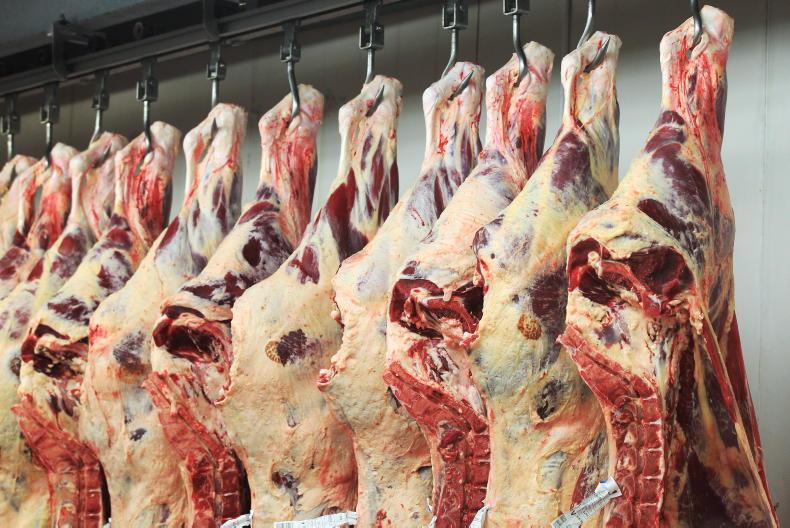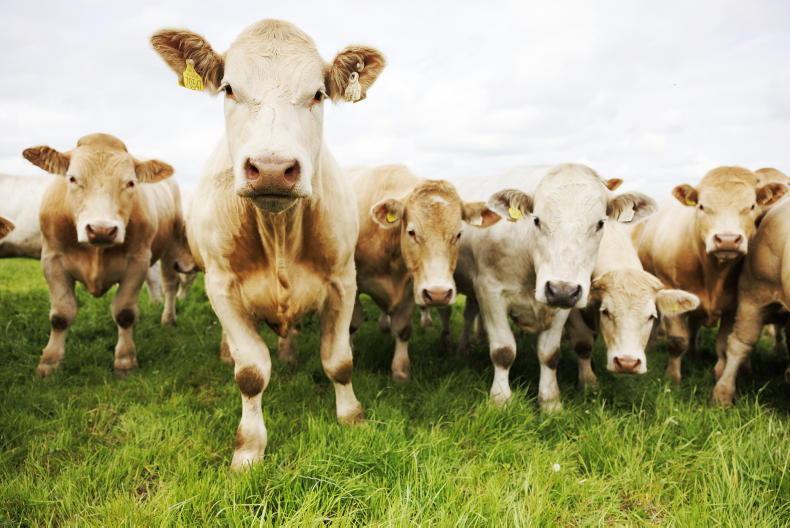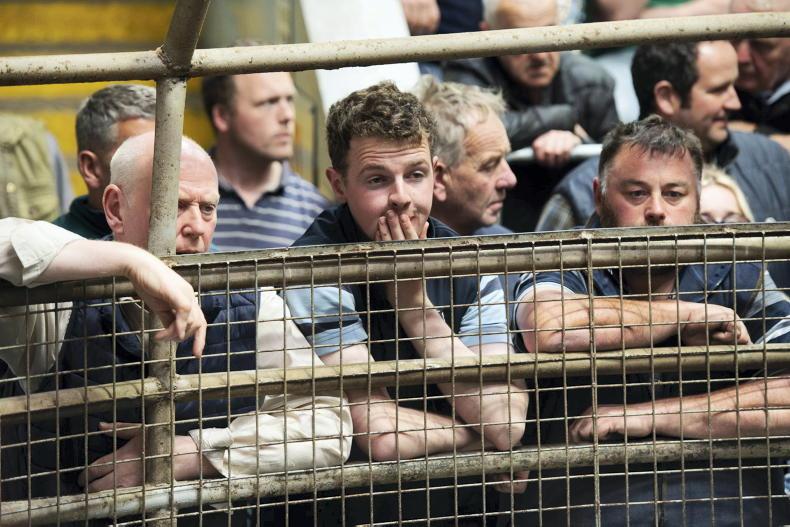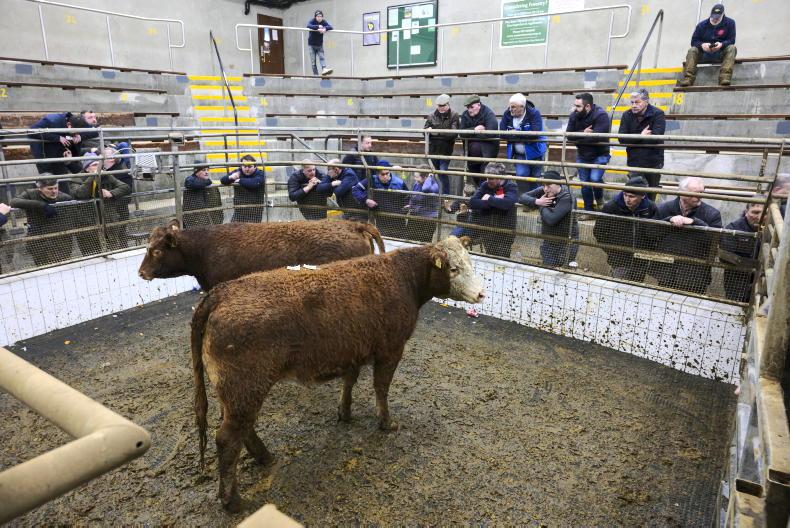Turkey has temporarily banned live cattle imports, according to reports.
The Turkish government made the announcement on 17 December, the World Beef Report states, with those already granted permits having until 12 February to deliver animals.
Bord Bia's Joe Burke said he is optimistic of recovery later in the year.
He said exporters believe the market will reopen in two months' time at the earliest.
"For the first two months of 2019, there will be no exports there," he said.
"When they [Turkey] deemed prices have got too high, they will come in and allow more imports.
"When they deem that there is plenty of beef on the market and local producers are suffering, they will limit imports."
Currency problems
The value of the Turkish lira collapsed in the second half of 2018, leading to lower demand as a result of the financial uncertainty.
"We would be optimistic of recovery, but, on the downside, this was the case in 2018 because their own currency weakened so much it made imports more expensive," Burke said.
"They reacted to that and overall purchasing activity was lower and they became much more price sensitive, taking in cattle from Brazil and Uruguay."
30,000 cattle
Turkey is typically a customer for Irish weanlings aged three to 12 months.
Over 30,000 cattle were sent to Turkey in 2017, dropping to around 13,000 in 2018.
Overall, Turkey imported 600,000 live animals in 2017.
Ireland exported 38,000 weanlings, 19,000 finished stock and 26,700 stores in 2018.
According to the president of the Union of Exporters of Live Cattle of Uruguay Rodrigo González, there is an oversupply of beef on the Turkish market.
"The [Turkish] slaughterhouses are proposing producers to send cattle to the facilities on March [sic] at a ridiculous price," González told the World Beef Report.
Read more
Live cattle exports up 31% in 2018 - Bord Bia
Turkey has temporarily banned live cattle imports, according to reports.
The Turkish government made the announcement on 17 December, the World Beef Report states, with those already granted permits having until 12 February to deliver animals.
Bord Bia's Joe Burke said he is optimistic of recovery later in the year.
He said exporters believe the market will reopen in two months' time at the earliest.
"For the first two months of 2019, there will be no exports there," he said.
"When they [Turkey] deemed prices have got too high, they will come in and allow more imports.
"When they deem that there is plenty of beef on the market and local producers are suffering, they will limit imports."
Currency problems
The value of the Turkish lira collapsed in the second half of 2018, leading to lower demand as a result of the financial uncertainty.
"We would be optimistic of recovery, but, on the downside, this was the case in 2018 because their own currency weakened so much it made imports more expensive," Burke said.
"They reacted to that and overall purchasing activity was lower and they became much more price sensitive, taking in cattle from Brazil and Uruguay."
30,000 cattle
Turkey is typically a customer for Irish weanlings aged three to 12 months.
Over 30,000 cattle were sent to Turkey in 2017, dropping to around 13,000 in 2018.
Overall, Turkey imported 600,000 live animals in 2017.
Ireland exported 38,000 weanlings, 19,000 finished stock and 26,700 stores in 2018.
According to the president of the Union of Exporters of Live Cattle of Uruguay Rodrigo González, there is an oversupply of beef on the Turkish market.
"The [Turkish] slaughterhouses are proposing producers to send cattle to the facilities on March [sic] at a ridiculous price," González told the World Beef Report.
Read more
Live cattle exports up 31% in 2018 - Bord Bia








SHARING OPTIONS